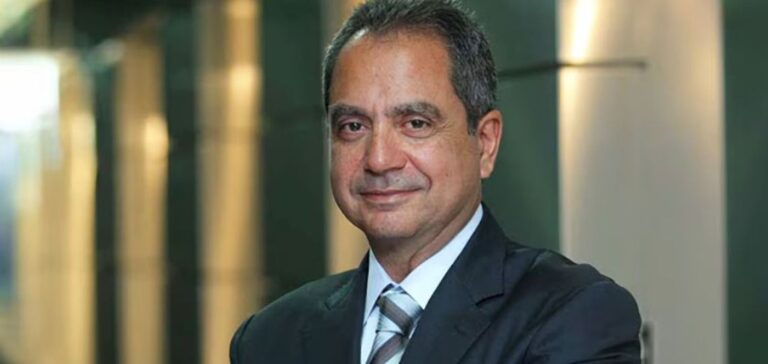Joseph Saddi was appointed Minister of Energy on February 8, 2025, in a government of 24 ministers. Before taking on this role, he chaired the Middle East division of Strategy& (PwC), where he distinguished himself through his contributions to various privatization programs in the mining industry and the energy sector. His expertise is being tested in a delicate economic context, marked by a weakened currency and budgetary constraints that slow down fuel imports.
Recent Initiatives and Financial Support
The government hopes to reduce its reliance on imports by restarting offshore drilling. Partnerships with TotalEnergies, QatarEnergy, and the Italian company Eni have already resulted in explorations in two maritime blocks, with no significant discovery so far. Meanwhile, the World Bank granted $250 million to support renewable energies and facilitate the implementation of reforms aimed at stabilizing the power grid. Qatar’s involvement in the construction of power plants has clashed with the interests of certain local stakeholders, highlighting the scale of the political and economic challenges.
The national power system provides only a few hours of electricity per day due to partially outdated infrastructure and uncertain funding. According to S&P (Standard & Poor’s), gasoil and diesel imports reached 83,000 barrels per day in January, compared to 63,000 in December, reflecting unstable supplies. The need for kerosene, including in Israel, Iran, and Lebanon, is expected to increase by around 4,000 barrels per day, indicating growing regional demand for refined products.
Privatization and Reform Outlook
Privatization plans are regularly considered to address the aging grid and streamline funding. However, corruption and political rivalries remain major obstacles to implementing these projects. The approach adopted by Joseph Saddi, coupled with international partnerships, is closely monitored by industry observers. More profound institutional reforms may nevertheless be required to strengthen governance and attract foreign investors on a long-term basis.






















